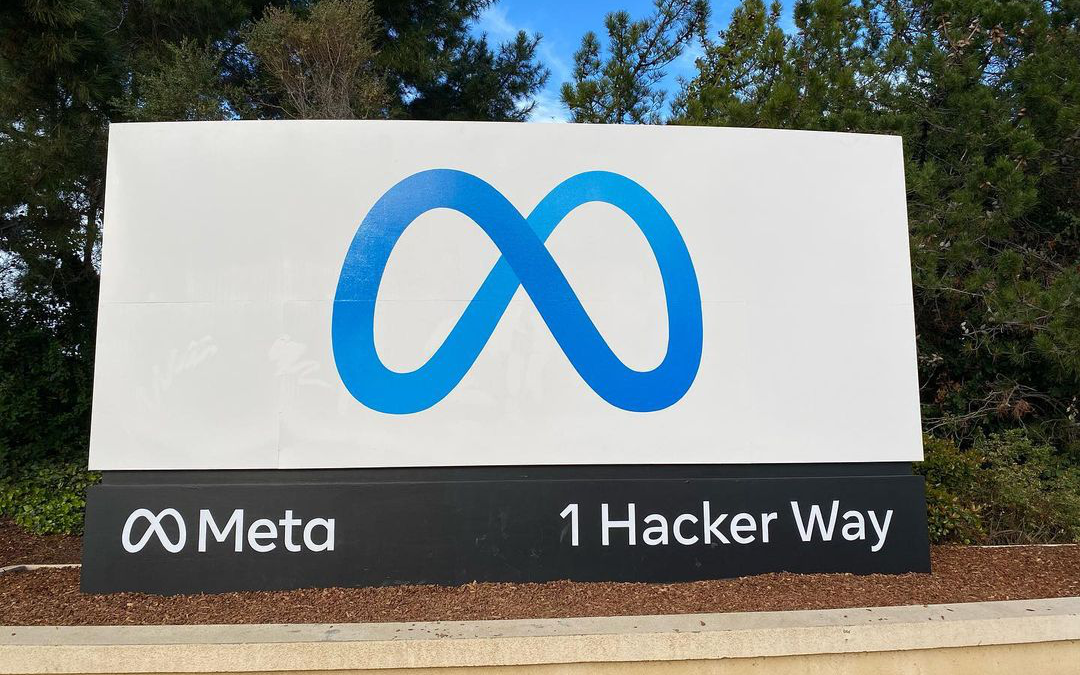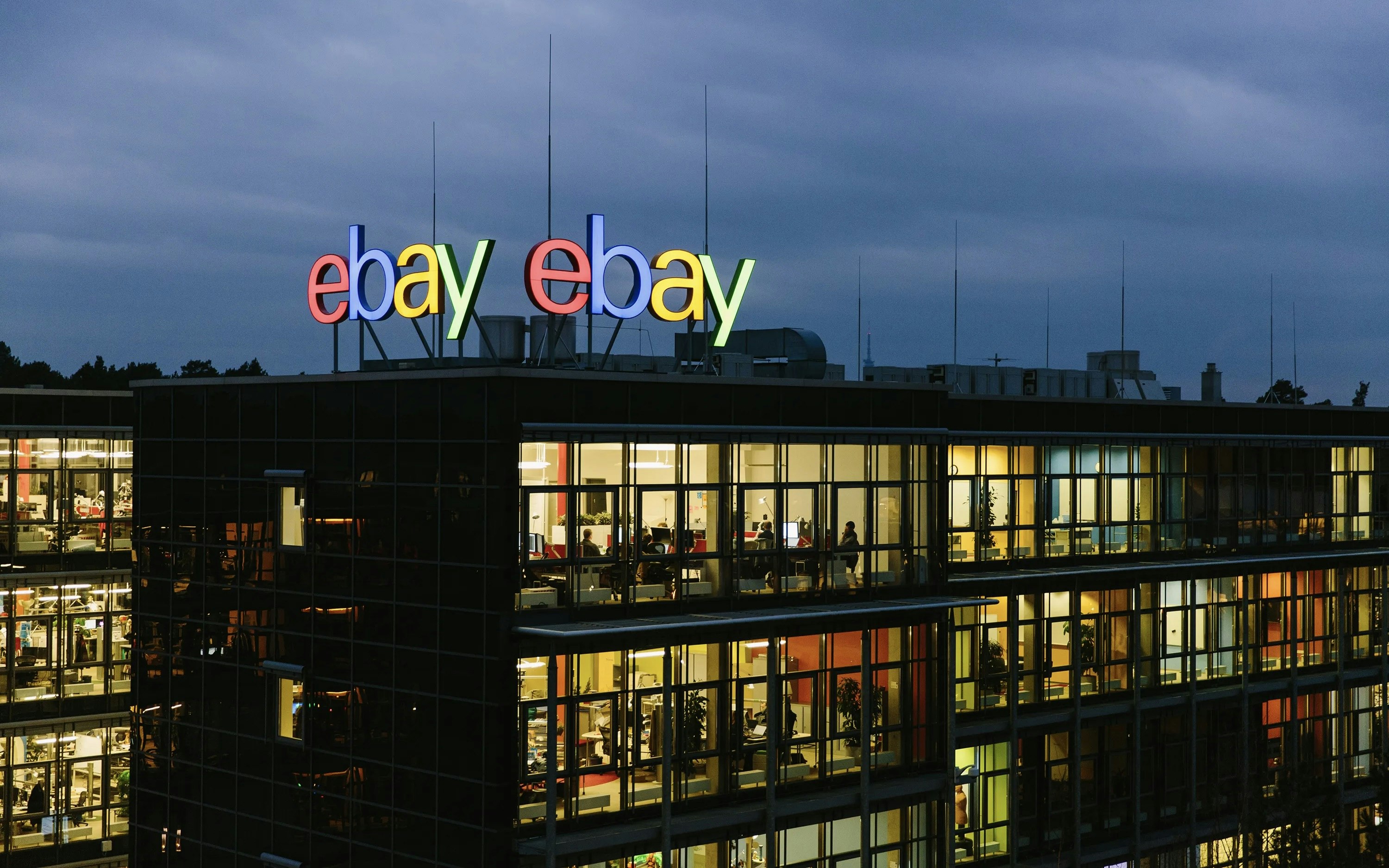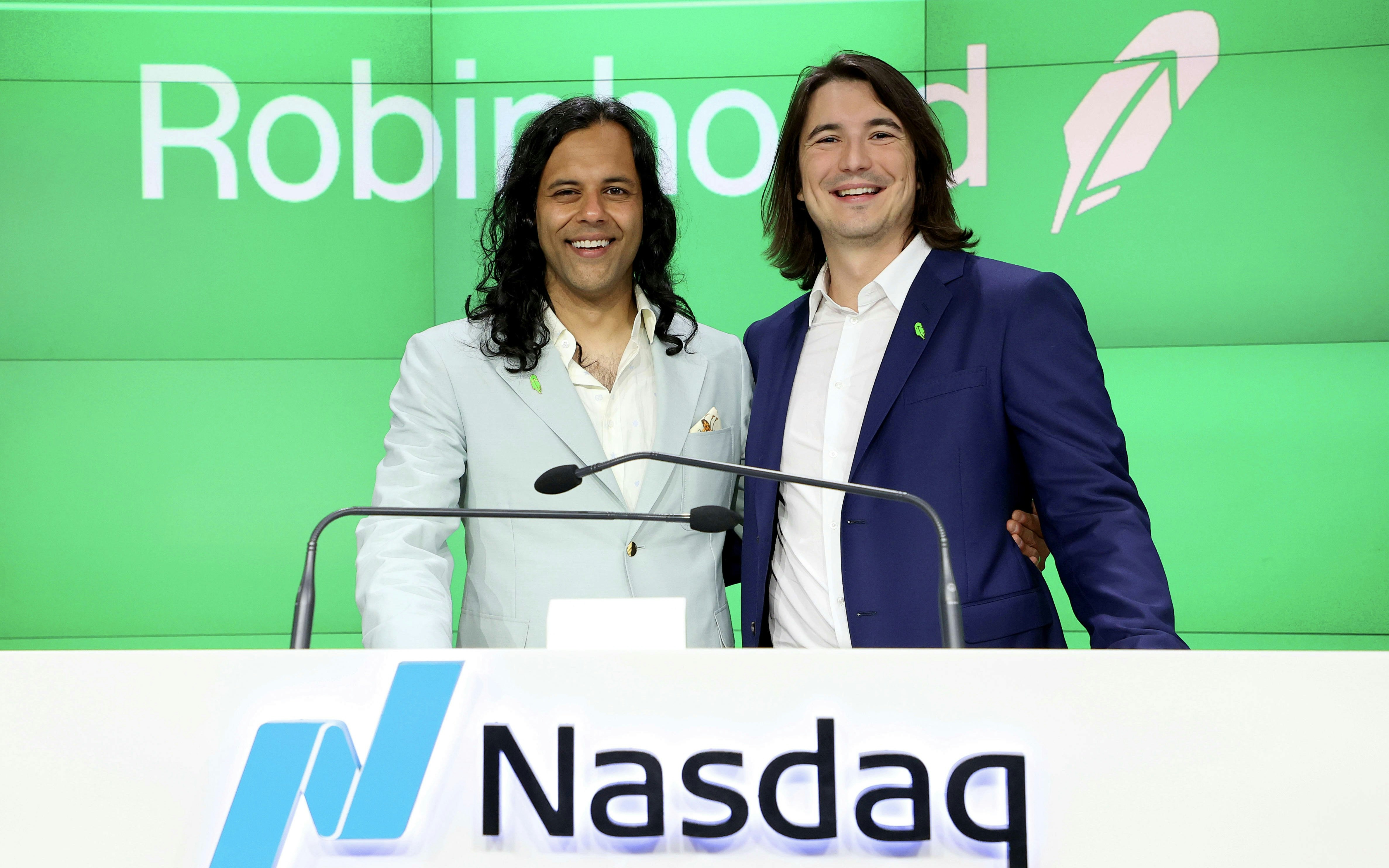Technology
EU Sues Meta for Violating New Digital Competition Law
Meta, the parent company of Facebook, is being prosecuted as the second company under the new EU Digital Competition Law.

The European Union has charged Meta Platforms with violating the new digital competition law. According to the EU Commission, Meta's model, which gives users the choice between a subscription fee or the use of their data for targeted advertising, does not provide sufficient options.
Meta introduced this so-called "Pay or Consent" model for European users of Facebook and Instagram last year to comply with the EU's Digital Markets Act (DMA). But on Monday, the European Commission, the executive body of the EU, stated that this approach was not working.
This binary choice forces users to agree to the combination of their personal data and does not offer them a less personalized but equivalent version of Meta's social networks," according to the commission.
The accusations hit a central part of Meta's business model. The company reported more than $35 billion in advertising revenue in the first quarter, with about 23 percent coming from Europe. If the EU finds that Meta has violated the rules, the company faces a fine of up to 10 percent of its global revenue. For repeated violations, the fine could increase to up to 20 percent of global revenue.
Meta stated that its plan follows the requirements of a ruling by Europe's highest court last year and complies with EU regulations. "We look forward to further constructive dialogue with the European Commission to conclude this investigation," a spokesperson said.
On Monday, the Commission said Meta's "Pay or Consent" approach does not allow users to choose an option that uses less personal data but is otherwise equivalent to regular services. Additionally, there is no option to freely consent to the combination of their personal data.
Last year, Meta introduced a plan that allows European users to pay a monthly subscription fee for an ad-free version of the platform. Users who do not want to pay the fee must agree to the use of their personal data for targeted advertising in order to continue accessing the service.
The DMA does not prohibit Meta from using personal data for advertising if a user has consented, or from charging subscription fees, officials explained on Monday. However, as long as a consent-based service is offered for free, there should also be a free but less targeted version of the service for users who do not give their consent.
A point of contention is a provision in the DMA that states companies are not allowed to combine users' personal data from services covered by the law without consent. In the case of Meta, the law applies to several services, including the social networks Instagram and Facebook, as well as the company's advertising service.
The aim of this part of the law is to create a more level playing field between some of the world's largest technology companies, such as Meta, whose access to enormous amounts of personal data enables them to offer highly targeted advertising, and smaller competitors.
The charges, which the EU refers to as preliminary findings, do not necessarily mean that the company will ultimately be found to be in violation of regulations. Meta will have the opportunity to review and respond to the regulators' findings, the Commission stated.
The commission announced that it would conclude its investigation by the end of March next year.






